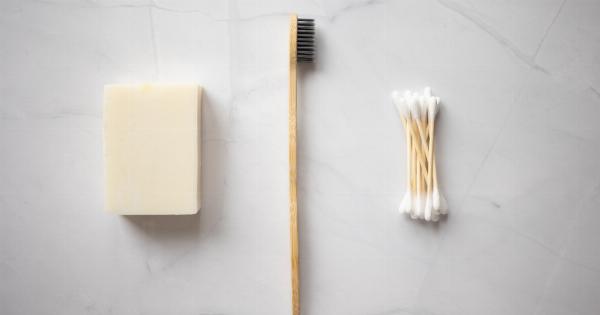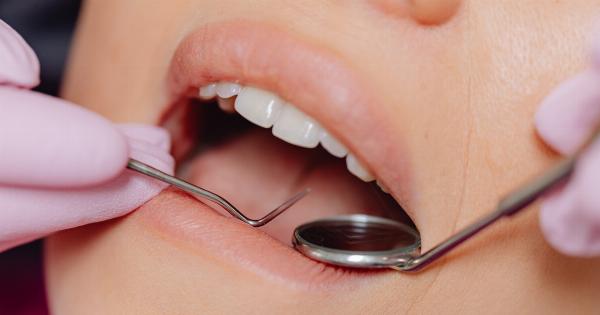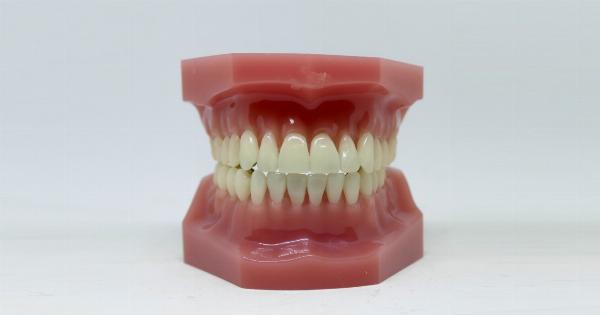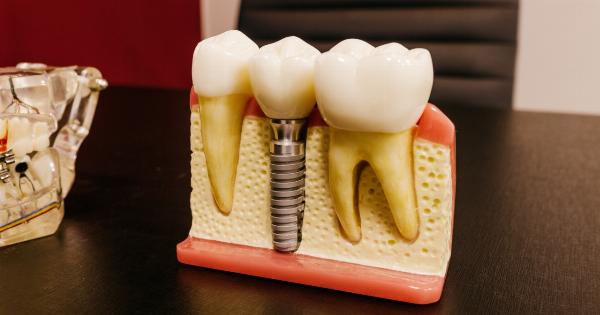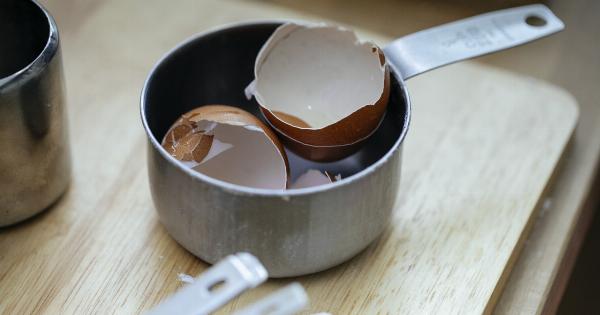Are you one of the many people who suffers from tooth sensitivity? Does the thought of eating ice cream or drinking a cold beverage make you cringe? Tooth sensitivity is a common problem that affects millions of people worldwide.
It occurs when the enamel on your teeth wears down, exposing the sensitive inner layer of your teeth, called dentin. Fortunately, there are several things you can do to reduce tooth sensitivity and achieve a brighter, whiter smile.
1. Use a Toothpaste for Sensitive Teeth
One of the simplest ways to reduce tooth sensitivity is to use a toothpaste designed for sensitive teeth. These toothpastes contain ingredients that help block the sensations that cause sensitivity.
Look for toothpastes that contain potassium nitrate, which can help reduce the sensitivity of your teeth over time. Fluoride is also an important ingredient to look for, as it helps strengthen your tooth enamel over time.
2. Try a Desensitizing Gel
If your tooth sensitivity is especially severe, you might want to try a desensitizing gel. These gels contain high concentrations of potassium nitrate and other desensitizing agents that can help reduce the sensitivity of your teeth quickly.
Just apply the gel to your teeth before going to bed, and let it work overnight.
3. Avoid Acidic Foods and Drinks
If you have sensitive teeth, you should try to avoid acidic foods and drinks, such as orange juice, soda, and sour candies. These items can wear down your tooth enamel, making your teeth more sensitive over time.
Instead, choose foods that are high in calcium, such as dairy products, leafy greens, and almonds. Calcium can help strengthen your tooth enamel and reduce sensitivity.
4. Use a Soft-Bristled Toothbrush
Using a hard-bristled toothbrush can actually make your tooth sensitivity worse. Instead, choose a soft-bristled toothbrush and brush gently. Brushing too hard can wear down your tooth enamel, exposing the sensitive dentin layer underneath.
If you’re not sure which type of toothbrush to use, ask your dentist for recommendations.
5. Avoid Grinding Your Teeth
Grinding your teeth can also cause tooth sensitivity over time. If you grind your teeth at night, talk to your dentist about getting a custom-made mouthguard to wear while you sleep. This can help protect your teeth from grinding and reduce sensitivity.
6. Choose Whitening Products Carefully
If you’re looking to whiten your teeth, be careful about which products you choose. Some whitening products can actually make tooth sensitivity worse.
Instead, try a gentle whitening toothpaste or visit your dentist for a professional whitening treatment.
7. Visit Your Dentist Regularly
Regular dental checkups are important for everyone, but they’re especially important if you have sensitive teeth. Your dentist can check to make sure your teeth are healthy and recommend treatments to reduce sensitivity.
Additionally, if your sensitivity is caused by an underlying dental problem, such as a cavity or gum disease, your dentist can help you treat the problem and reduce sensitivity.
Conclusion
Tooth sensitivity can be a frustrating and painful problem, but there are several things you can do to reduce sensitivity and achieve a brighter, whiter smile.
By following these simple tips, you can say goodbye to tooth sensitivity and enjoy your favorite foods and drinks without pain or discomfort.


